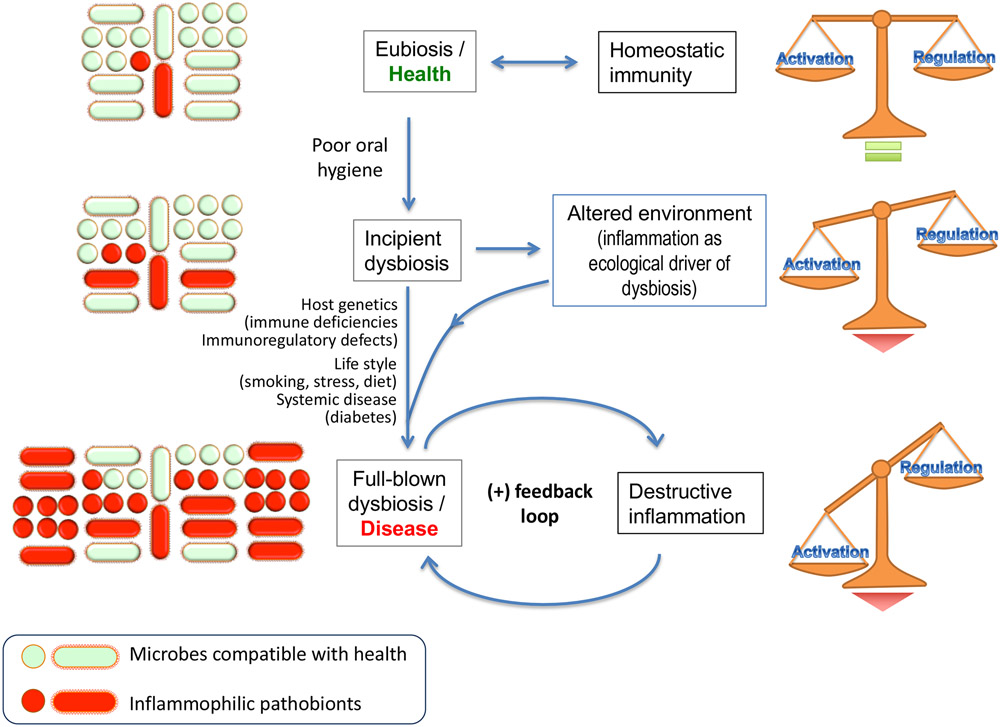Figure 2. Interplay between inflammation and dysbiosis in periodontitis.
A eubiotic microbial community contributes to the induction and maintenance of homeostatic immunity, where immune activation is optimally regulated to control the health-associated microbiota without collateral tissue damage. Inflammatory responses to a growing biofilm due to poor oral hygiene (as it occurs in experimental gingivitis studies) may cause incipient dysbiosis which will further increase inflammation. Inflammation, in turn, may selectively favor the expansion of pathobionts which can capitalize on the altered environmental conditions (e.g., use inflammatory byproducts to increase their metabolism and growth). The blooming pathobionts further exacerbate inflammation, eventually causing overt periodontitis in susceptible individuals (e.g., owing to genetic or acquired alterations; see Table 1). In susceptible hosts, inflammation is ineffective, uncontrolled, and destructive and engages in a positive-feedback loop with dysbiosis, each reinforcing the other.

